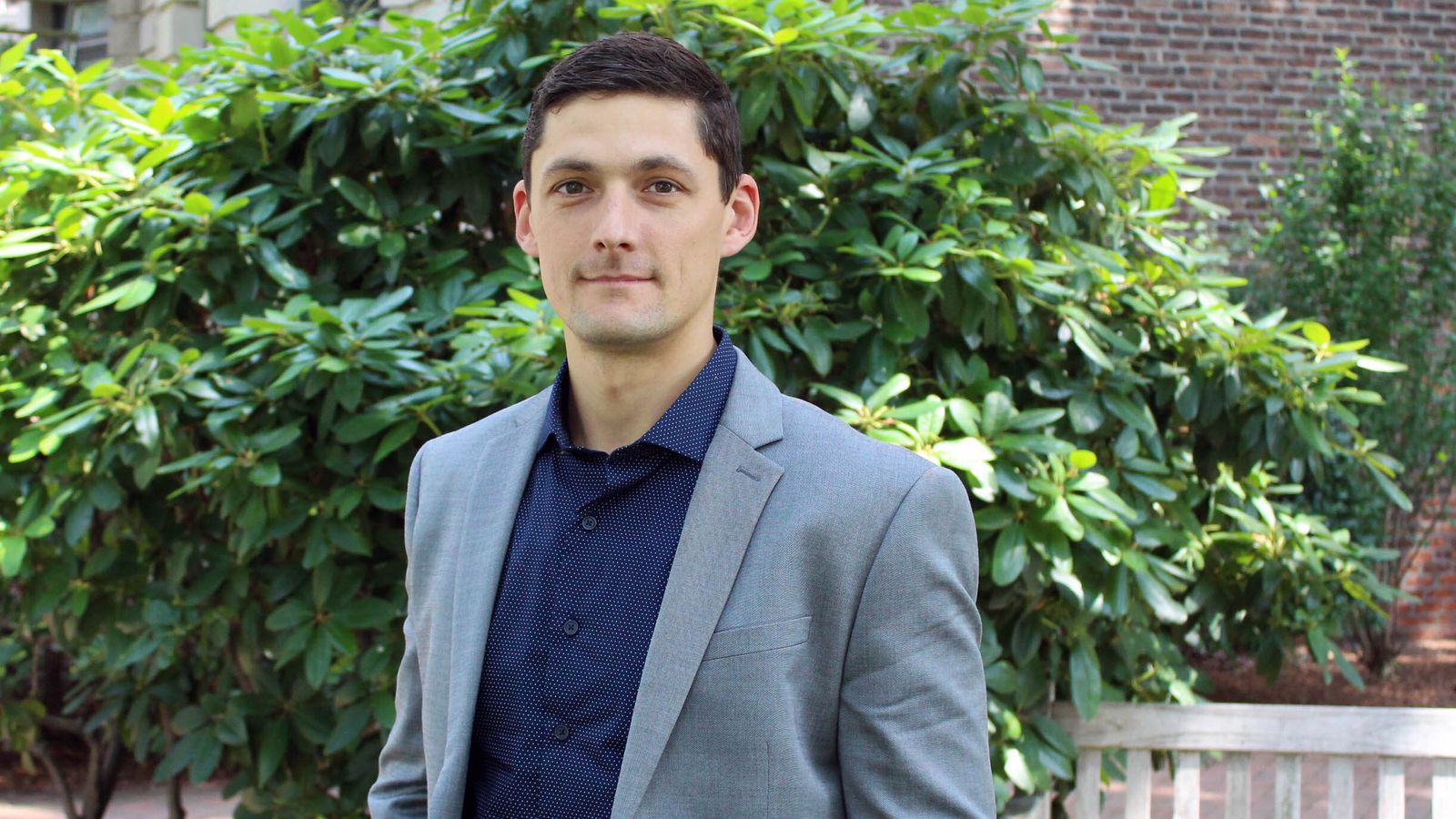Prof. Treitler & Colleagues Examine the Effectiveness of Peer Support to Treat Opioid Use Disorders in Emergency Departments

According to the CDC, hospitals reported five times as many opioid overdose-related deaths in 2021 than in 1999, calling for more holistic interventions to combat these growing dangers. Prof. Peter Treitler from BU School of Social Work and colleagues recently published a study on one such treatment approach for opioid use that employs people in recovery from substance use disorders to offer non-clinical peer support to overdose survivors treated in New Jersey emergency departments. The research found that a significantly higher rate of patients initiate follow-up treatments when they’ve had the support of a peer mentor, but that patient outcomes differ across hospitals, and likely depend on how the services are provided in each hospital.
“One thing that is clear from the research is that emergency departments (EDs) are a critical site for intervention and that one single intervention isn’t likely to be enough,” Treitler said. “Providing any array of services and having strong referral mechanisms in place is critical, but there are factors that are still beyond the scope of the ED alone.”
The study found that patients are more likely to initiate medical treatment for opioid overdose within 60 days when they receive peer recovery services. Further, patients receiving additional treatment experience fewer medically treated overdoses in the 180 days after discharge. However, the researchers also note that the data differed across emergency departments and that peer support programs work better in conjunction with other support services. “Peer recovery support can help reduce repeat overdoses, but it may be more effective when implemented alongside other hospital-based interventions, like emergency department buprenorphine initiation and naloxone distribution,” said Treitler.
The authors do note that since data was not collected by the researchers, they could not identify the level of service patients received, which ranged from one-time bedside interventions to eight weeks of intensive support from staff. Since the study was collected in New Jersey, future research could apply similar procedures to other states’ emergency departments.
Prof. Treitler uses a mixed-methods approach to understand the needs of people with substance use disorders and considers how policies and treatment systems can shape the journey to recovery for patients. His work has been supported by government and private agencies, including the National Institute on Drug Abuse.
Learn More About Prof. Treitler’s Research
“Emergency Department Peer Support Program and Patient Outcomes After Opioid Overdose” was co-authored by Stephen Crystal from the Rutgers University School of Social Work and the School of Public Health, and Joel Cantor from the Institute for Health, Health Care Policy and Aging Research at Rutgers University.